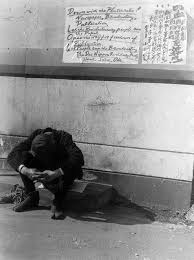dejection
英 [dɪˈdʒek.tɪd]
美 [dɪˈdʒek.tɪd]
- n. 沮丧;粪便

记忆方法
将“dejection”分解为“de-”(表示向下)和“jection”(类似于“ject”,联想到“eject”意为抛出或排出),想象一种情绪是“向下排出”或“沉入”的状态,这样的负面情绪就是“dejection”,即悲伤或沮丧。通过这样的联想来记忆这个单词。
以上内容由AI生成, 仅供参考和借鉴
英语词源
- dejection (n.)
- early 15c., from Old French dejection "abjection, depravity; casting down" and directly from Latin dejectionem (nominative dejectio), noun of action from past participle stem of dejicere "to cast down" (see deject).
权威例句
- 1. There was a slight air of dejection about her.
- 她看上去稍微有点儿沮丧。
- 2. Her face showed her dejection at missing the party.
- 她因错过聚会而面露懊丧之色.
- 3. He went away in dejection.
- 他灰溜溜地走了.
- 4. In a moment of deep dejection she thought of taking her own life.
- 她一时极度沮丧想寻短见.
- 5. The loser sat slumped in dejection.
- 失败者垂头丧气地坐着,全身瘫软.
